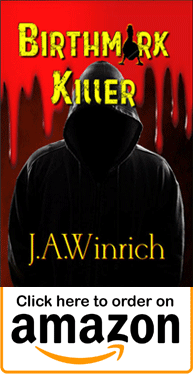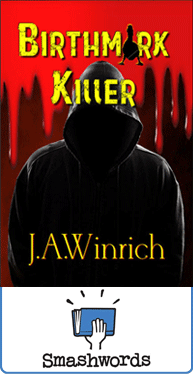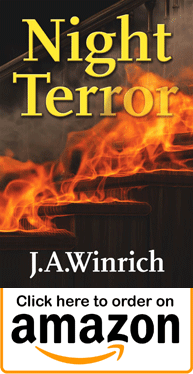A Nightmare is a scary dream where when you wake up, it disappears.
A Night Terror is a scary dream where when you wake up, it continues!
First let’s learn about last clichés:
Too Many Irons in the Fire – More projects than you can handle. This term comes from the smithy and has long survived the profession of blacksmith. The blacksmith who tries to heat too many irons at once is probably going to spoil the forging of some of them. It’s been used since the 16th Century.
Stubborn as a Mule – Singularly obstinate. No one knows why mules have been singled out for this quality, but they have, for centuries. “Obstinate” and “contrary” are other adjectives used in the simile, which started in the early 1800s and remains today. You could also use “mulish.”
A Good Egg – A trustworthy, agreeable person. This expression outlived “bad egg,” which it actually implied in the 16th Century. Started out referring to birds, then morphed into people. See The Athenaeum, 1864 and Rudyard Kipling used it in Traffics and Discoveries (1904).
How many did you find?
Why are titles of your book so important? I think you can win brownie points with a good title. A title should grab the reader’s attention. My title Night Terror reflects that it will be a scary book, but if you know the meaning of “night terror” as explained above, it gives you a real clue as to what the book might be about.
In using a title, you don’t want to lie low. For example in my next book Vanity Killed I’m giving you a clue about the book. My character will risk life and limb to discover how her friend died. Is the book about a person so vain who kills, or are the victims killed because they are vain?
Your titles should speak volumes, so really put some thought into them. If you self-publish, you can use your title. However, a publishing house might want to change your title. You have to decide which the best title is for you.
Keep Writing,
Julie



